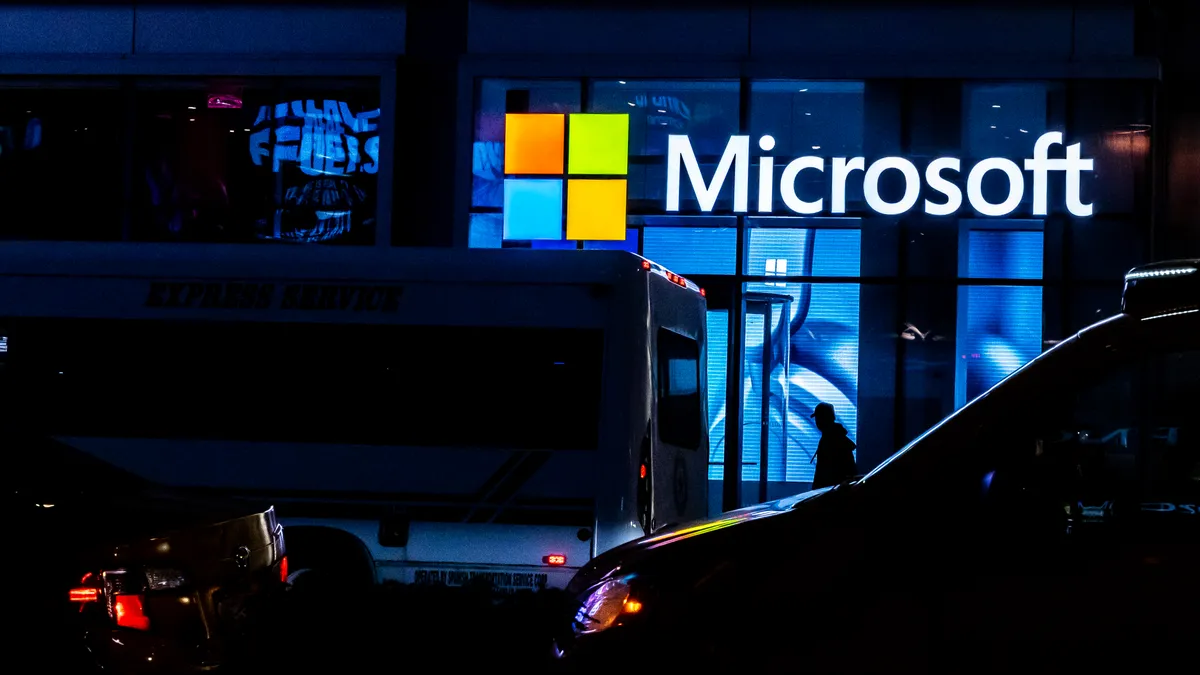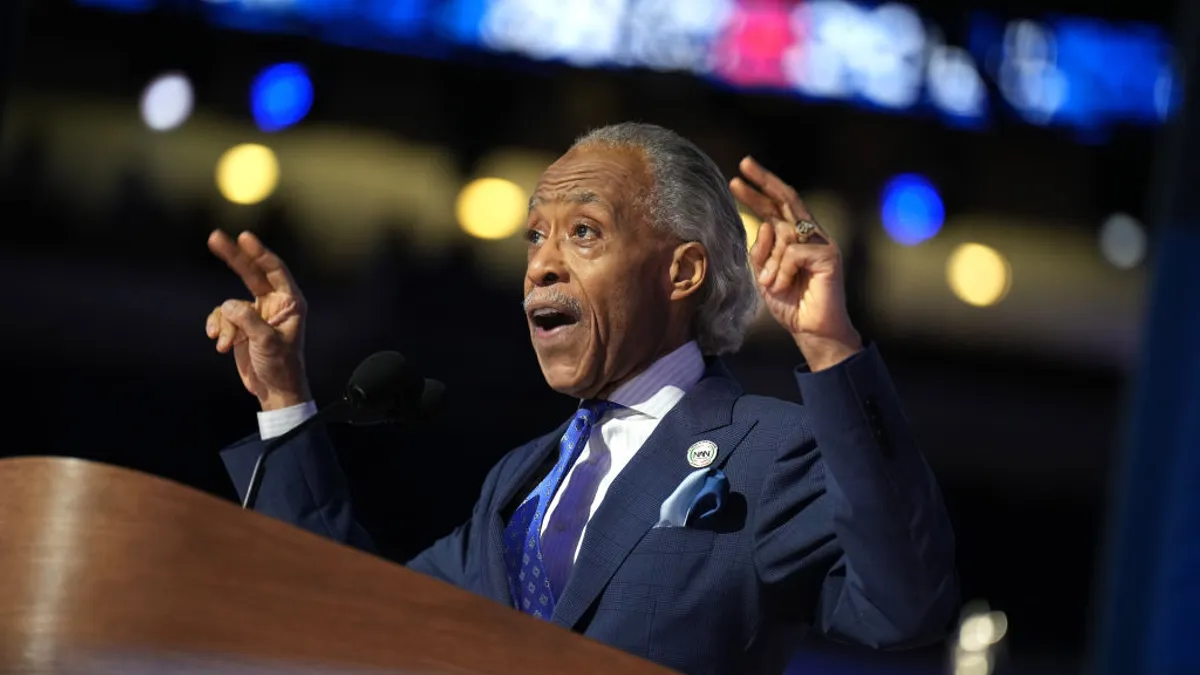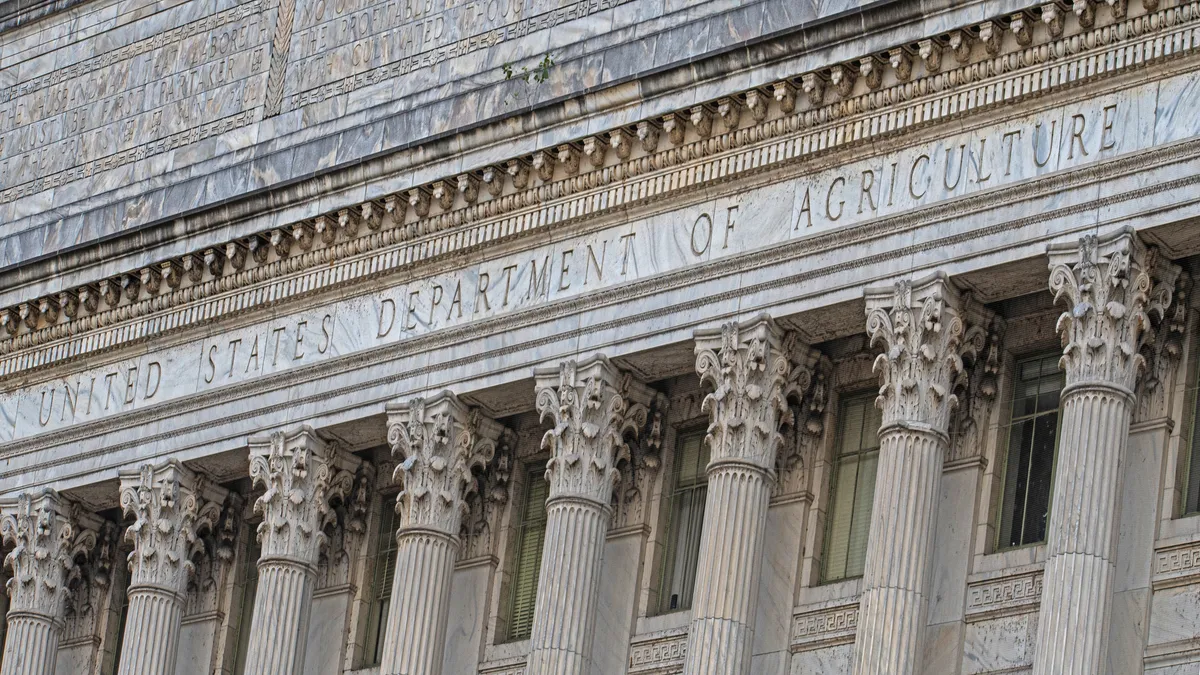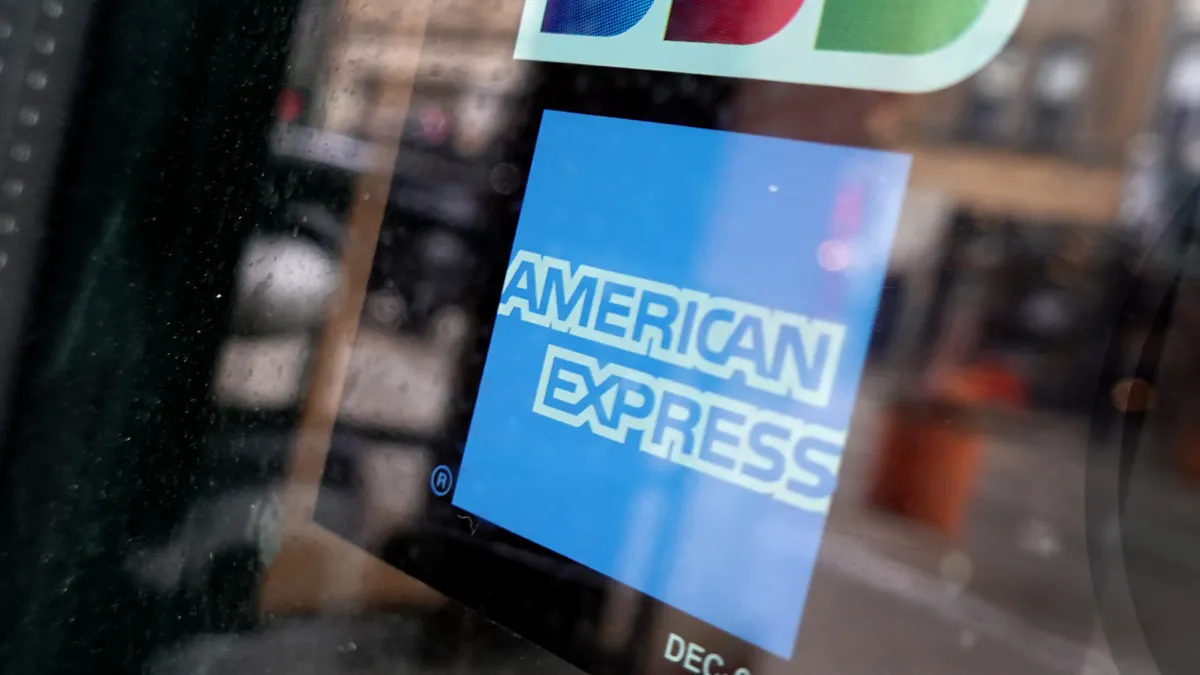Microsoft recently cut two diversity-related roles, igniting speculation that it was joining a cohort of employers walking back DEI commitments amid “woke” backlash.
One outlet reported that in the wake of those layoffs, a team lead emailed thousands of workers, criticizing the company for no longer viewing DEI as “business critical.”
A Microsoft spokesperson, on the other hand, told ESG Dive’s sister publication HR Dive that the two positions eliminated were redundant roles on its events team, and that the company’s global DEI team was unaffected.
Microsoft’s diversity and inclusion commitments remain unchanged, Jeff Jones, another Microsoft spokesperson, told HR Dive. “Our focus on diversity and inclusion is unwavering and we are holding firm on our expectations, prioritizing accountability, and continuing to focus on this work.”
A delicate balance: When employers reduce DEI head count
DEI programs have been on the chopping block at various noteworthy companies in recent months. Google and Meta downsized DEI teams in 2023; Zoom laid off its DEI team earlier this year. Generally, these employers said they were simply changing their approach to inclusion — not de-prioritizing it completely.
Last month, however, Tractor Supply kicked up an uproar when it eliminated its DEI roles in response to “disappointed” customers.
The changes caused plenty of controversy, especially among marginalized business leaders in the agricultural community. John Deere also rolled back certain DEI commitments on July 16.
Are these changes a trend?
Employers committed to DEI shouldn’t read too much into Microsoft’s layoffs, according to one consultant. “This is a trend we’ve been seeing for some time,” said Cristina Jimenez, senior partner and global head of belonging at RHR International, emphasizing that “different organizations are making the decisions for different reasons.”
Like any other position, DEI-related roles are sometimes eliminated for budget-related reasons. “But we don’t necessarily get insight into the different resource or organizational efficiency things that [an employer] decided to do,” Jimenez said.
Other times, companies ax roles and initiatives for political reasons. “Their executives don’t believe or aren’t aligned with that sort of philosophy, and they’re taking the opportunity to shift things,” Jimenez said. Similarly, “some organizations are deeply concerned about liability and are trying to figure out how to take a different approach.”
Re-committing to core values
When an employer cuts a DEI role, the bigger picture is perhaps more interesting, Jimenez said: “Where are their resources going? What is their philosophy? Have they moved toward culture and leadership — and integrating some of these things across all of their practices?”
In Microsoft’s case, its chief diversity officer and VP of talent development took to LinkedIn in recent days to affirm just that — that the company’s commitment to DEI is baked in.
“It is different perspectives, skill sets, and lived experiences that give us the empathy and insights necessary to envision and build products that serve customers and consumers in transformational ways around the world,” Lindsay-Rae McIntyre said.
“[O]ur focus on D&I has informed our policies, partnerships, and product innovation. Year over year, we have been disciplined and systemic in how we do this work, to deliver progress over time.”
McIntyre also outlined diversity and inclusion goals for Microsoft over the next fiscal year, including a focus on inclusive hiring and championing executive accountability.
Leaning into complex approaches
For HR professionals thinking about a DEI program rebrand, Jimenez recommended checking off a few boxes:
- Does HR keenly understand the business and business language?
- Has HR established a strong partnership with other company leaders?
- Does leadership understand that HR cares about the business first?
When companies revamp DEI programs or initiatives, they may be recommitting to the work. “But they’re doubling down in a different way than we expect them to, because they’re also managing some of the complexity,” Jimenez said.
The Society for Human Resource Management, for example, recently dropped “equity” from the name of its program. The move caused an outcry; in response, SHRM’s CHRO said the organization is aiming to focus on things people understand, rather than debate the meaning of equity — a conversation he said SHRM views as a “distraction” from DEI work more generally.
Earlier this year, a DEI expert said something similar, suggesting that DEI program rebrands may be necessary due to the changing legal landscape around diversity initiatives. She recommended HR professionals and other business leaders get back to the crux of what DEI programs seek to accomplish with respect to business, as well as the company’s vision and culture.





















